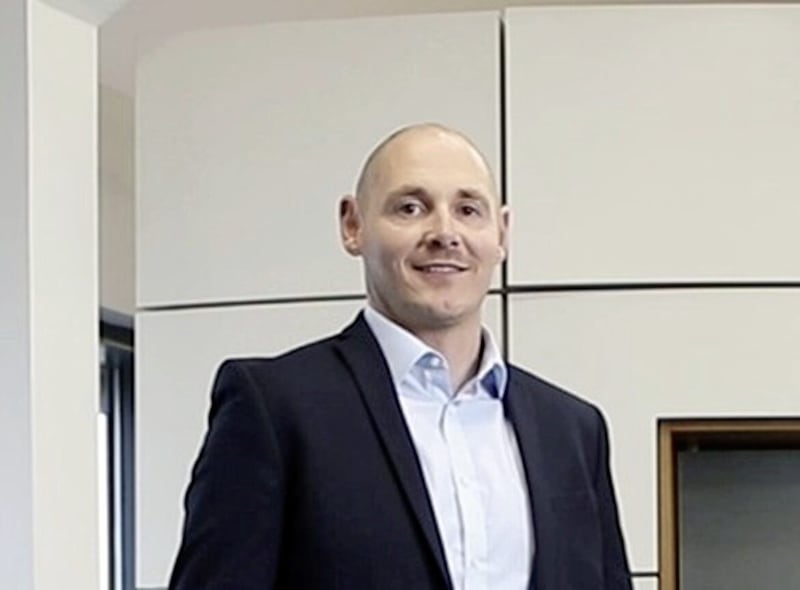QUESTION: HMRC have written to me to say I owe them tax, something to do with High Income Child Benefit Charge. What it this?
ANSWER: The High Income Child Benefit Charge (HICBC) is a tax that applies to individuals in the UK whose income historically exceeded £50,000 a year and who either receive child benefit themselves or have a partner who does. The charge was introduced to effectively reduce the benefit of receiving child benefit for higher earners.
Here’s a breakdown of how it works:
• Income Level: The charge applies if you or your partner’s individual income was historically over £50,000 but from April 1 2024 this has increased to £60,000. The amount of the charge increases gradually as income rises, historically from £50,000 to £60,000 but from April 2024 from £60,000 to £80,000.
• Calculation of the Charge: In previous tax years the charge is 1% of the amount of child benefit for every £100 of income over £50,000. Once your income reaches £60,000 or more, the charge equals the total amount of the child benefit received. From 1 April 2024 the charge is 1% for every £200 of income over £60,000. Once income exceeds £80,000, the full benefit will be recovered.
• Definition of ‘Partner’: For the purposes of this charge, a partner is considered someone you are married to, in a civil partnership with, or living with as if you were married or civil partners.
• Responsibility for the Charge: It is important to note that the charge applies regardless of which partner actually receives the child benefit. If your income or your partner’s income exceeds the threshold, one of you will need to pay the charge.
• How to Pay: If you are liable to pay the HICBC, you need to declare it. This can be done through your Self-Assessment tax return. If you are not already filling in a tax return, you will need to register for Self-Assessment.
• Options: If the payment of the charge effectively negates the benefit of receiving child benefit, you can choose to either continue receiving child benefit and pay the charge through your tax return, or you can opt to stop receiving child benefit altogether. Opting out of receiving the benefit prevents the need to pay the charge and stops the need for declaring it on a tax return.

If you’ve received a letter from HMRC about owing money related to the HICBC, it is likely because either your or your partner’s income was over the threshold, and the necessary charge wasn’t paid.
You should check your total income and see if it exceeded the threshold during the tax year(s) in question.
Additionally, ensure that your tax returns for those years accurately reflect your income and the receipt of child benefit. If you have not registered for self-assessment and need to, it’s important to do so promptly.
- Shane Martin (s.martin@fpmaab.com) is tax director at FPM Accountants Ltd (www.fpmaab.com). The advice in this column is specific to the facts surrounding the question posed. Neither the Irish News nor the contributors accept any liability for any direct or indirect loss arising from any reliance placed on replies.








